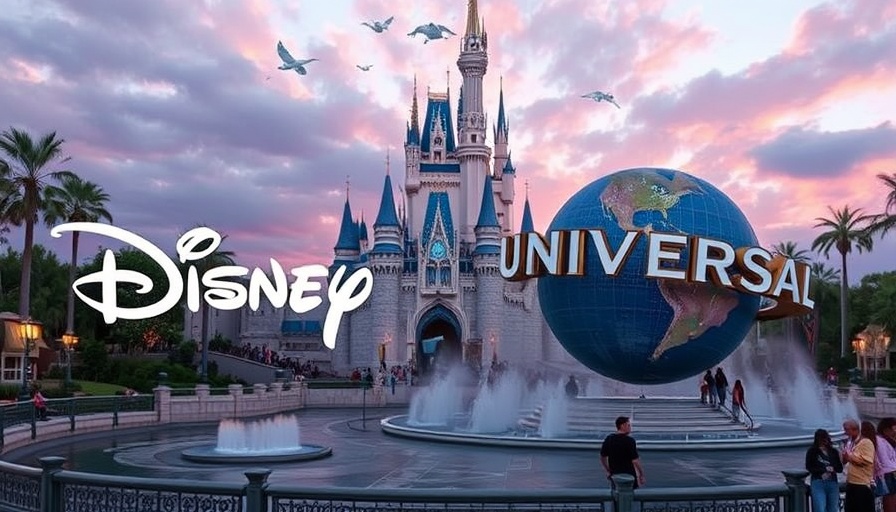
The Collision of AI and Copyright: A New Legal Battle
In a landmark legal maneuver, Disney and Universal have taken a bold step by suing Midjourney, an AI image generator, for alleged copyright infringement. This lawsuit marks a critical moment in the evolving dialogue around artificial intelligence and intellectual property, raising pressing questions about creativity, copyright laws, and technology's role in modern society.
What Caused the Lawsuit?
The roots of this case lie in the claim that Midjourney has been generating and distributing unauthorized images of beloved characters—think Darth Vader, Elsa, and the Minions. Disney and Universal argue that this practice amounts to outright piracy. Midjourney’s technology, which relies on scraping vast amounts of data from the internet, has come under fire for producing images that replicate popular cultural icons without permission.
Understanding AI's Role and Responsibilities
AI technologies are powerful tools that can analyze data, generate content, and automate processes. However, as seen with Midjourney, the advancements in AI come with considerable ethical implications. Horacio Gutierrez, Disney’s chief legal officer, emphasizes the divide between promoting AI responsibly and addressing piracy. This lawsuit exemplifies the October 2025 landscape where AI plays a pivotal role, yet artists and creators feel threatened as copyright domains merge with technological advancements.
Implications for the Future of AI and Copyright
This legal case also presents crucial questions about the future implications of AI on creative industries. Will we see more companies like Disney and Universal stepping up to defend their intellectual property? How will the outcomes of such cases shape the development of AI technologies? As AI systems become increasingly sophisticated, creators and developers will need to navigate the fine line between innovation and infringement.
Final Thoughts: A Call for Responsible AI
As this conflict unfolds, it is crucial for industry stakeholders—from startups to tech giants—to engage in discussions about the ethical dimensions of AI. By ensuring that we respect creative content while utilizing AI tools, we can foster an environment that encourages innovation without undermining the rights of original creators. As technology continues to advance, both companies and consumers must advocate for responsible AI practices.
 Add Row
Add Row  Add
Add 




 Add Row
Add Row  Add
Add 



Write A Comment